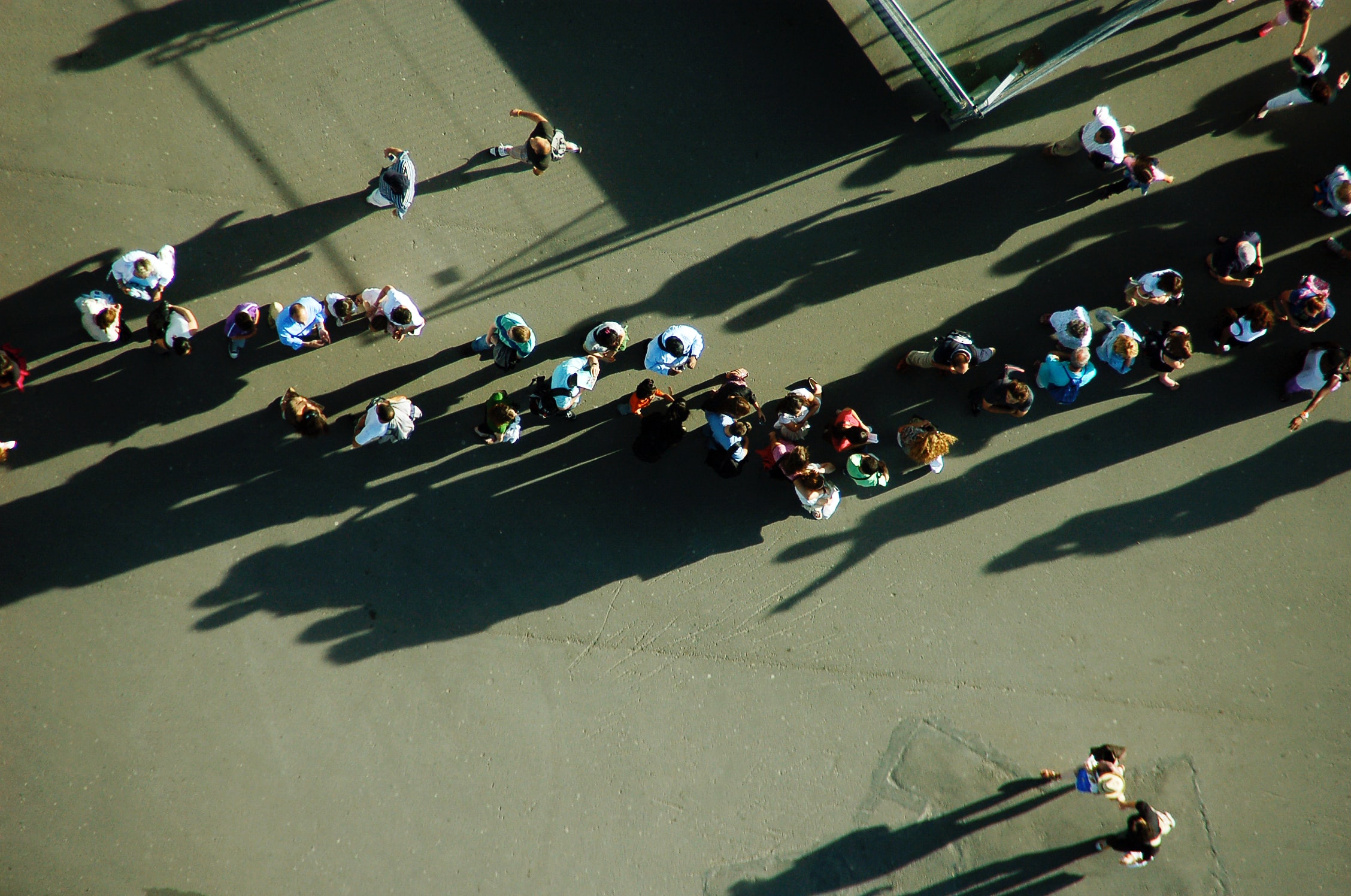Menu

Although you have likely heard the term “slip and fall,” it is important to understand their broader context. A slip and fall is a type of injury or action that occurs on someone else’s property. The property owners can be liable for damages because of premises liability laws. These laws obligate property owners to ensure their land, home, or business is safe for those who visit it. To better understand premises liability and determine whether a property owner is liable, we will use the following fictitious scenario as a guide.
Scenario: You and a group of people are waiting in a crowded line for a ride at an amusement park. While you wait, a guardrail falls and injures your leg.
Did the Owner Have a Duty to Keep You Safe?
The first question that needs to be answered is whether the amusement park had a duty to keep you safe when the guardrail fell. The duty owed to you depends on the type of visitor you were. In Texas, there are three different types:
Are They Liable?
Two questions need to be answered before we start to determine whether the amusement park is liable for the injury to the invitee:
Even if the amusement park didn’t know that the railing could collapse, that doesn’t mean they aren’t liable. An attorney who understands premises liability would look at several factors before deciding whether someone could have prevented your injury. Did someone check the railing and not report it? Has it fallen several times before? Was there a system in place to make such inspections?
If you have been injured on someone’s property, contact Beaty Legal, PLLC, to schedule a free consultation. We want to learn more about your injury to determine whether someone else is liable for the damages you suffered.
